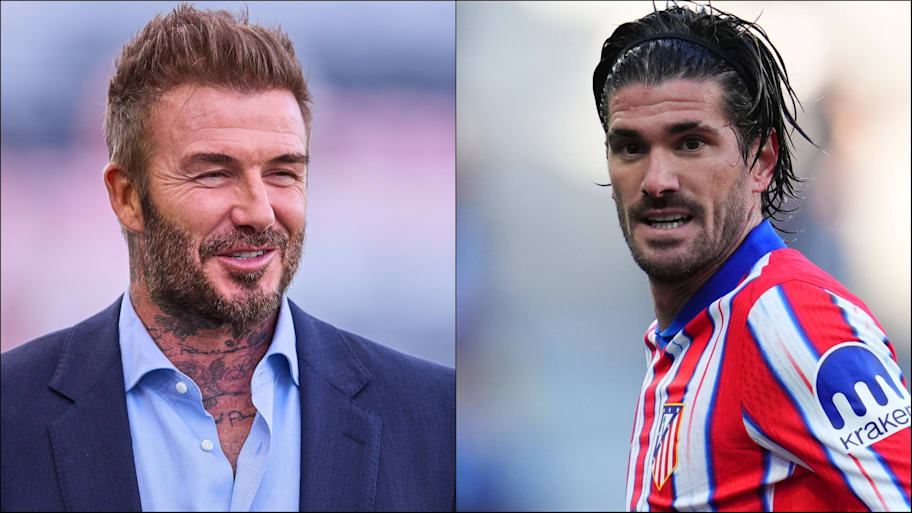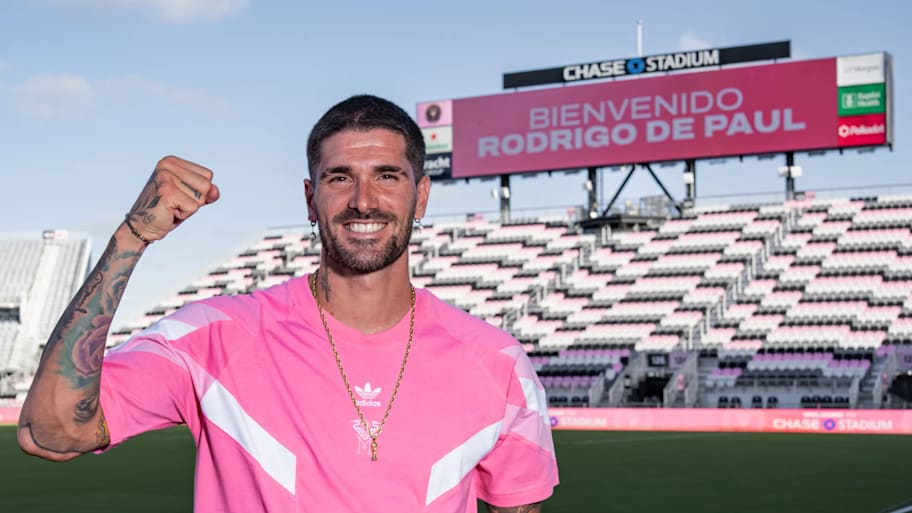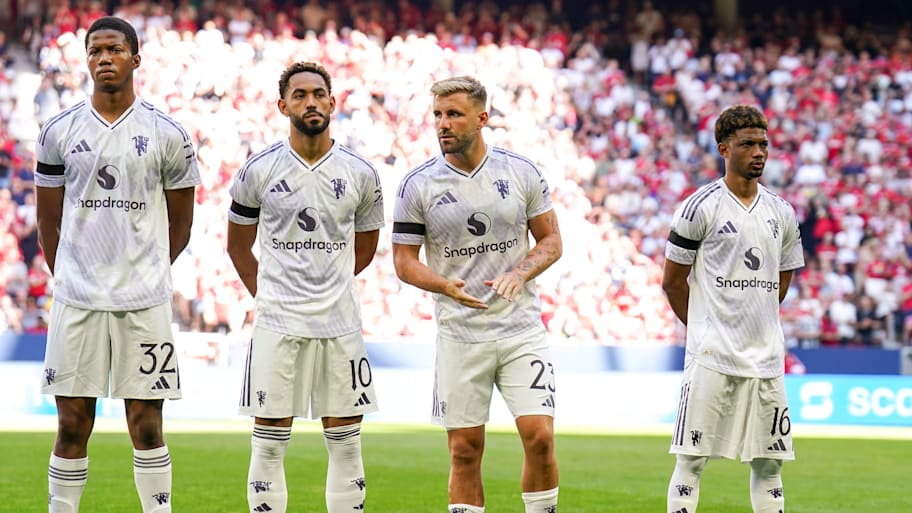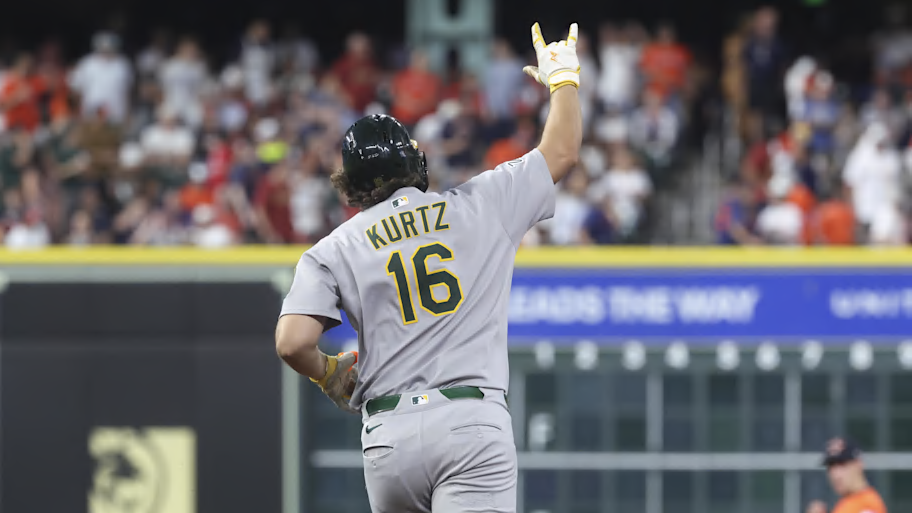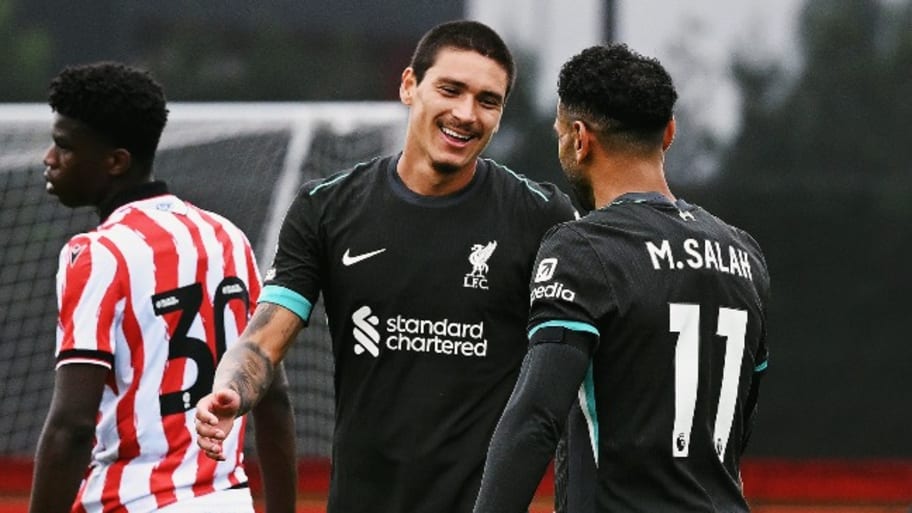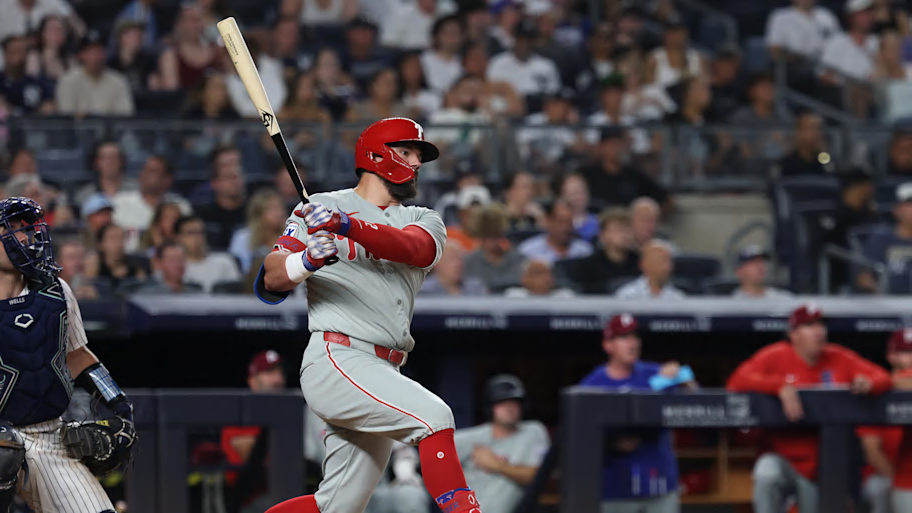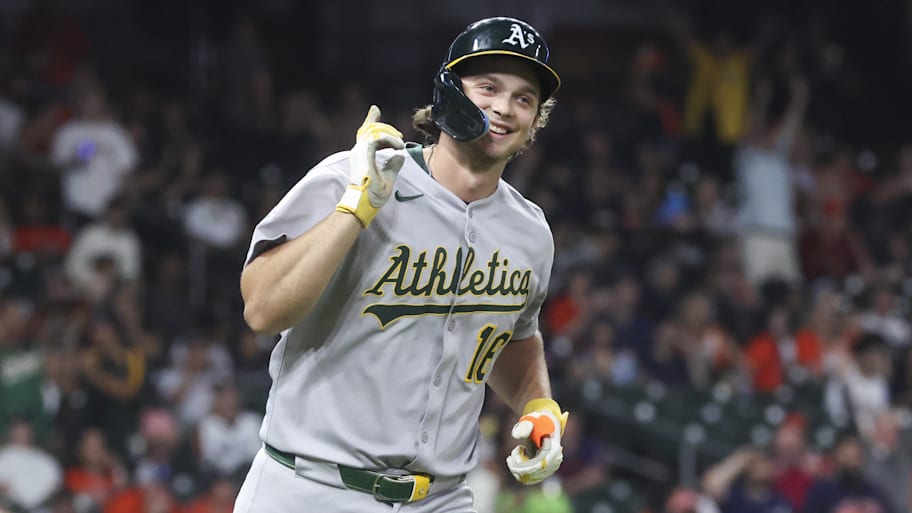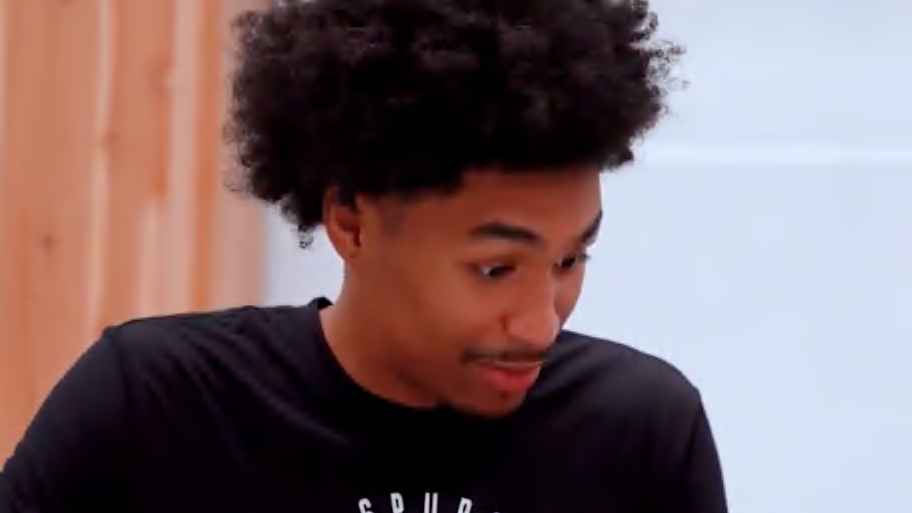One of Kazeem Famuyide’s earliest memories is sitting on his father’s lap watching Hulk Hogan wrestle in the 1988 Survivor Series.
His love of Hogan in the ring became inextricable from what would become a lifelong obsession with the sport — including a yearlong role touring the country and writing scripts for WWE’s top talent.
“He was a superhero to a lot of people, including myself,” said Famuyide, who is Black and now co-hosts the WWE-themed podcast “The Ringer Wrestling Show.” He remembers Hogan telling audiences to “train, say your prayers and eat your vitamins,” often in front of giant American flags.
But for the 38-year-old Famuyide and other Black wrestling fans and sports commentators, Hogan’s death this week at 71 has resurfaced an irreconcilable contradiction in the iconic wrestler’s legacy: Hogan’s undeniable role in broadening wrestling’s appeal to fans of all backgrounds versus his well-documented racism.
“You never really got the feeling that Hulk Hogan truly felt remorse,” Famuyide said.
Reactions to Hogan’s death reflect American divide on race
“The Right Time” podcast host Bomani Jones noted there were two sharply different reactions to Hogan’s death. Remembrances have split between those who see no need to harp on past controversies and those who struggle with his behavior that once got him banned from the WWE.
“This was never going to be one where people were going to mourn quietly,” Jones said.
Hogan’s death drew remembrances from politicians, celebrities and fans alike, celebrating his accolades. Many applauded how he was able to parlay his wrestling persona into movie appearances, brand deals, a reality television show and notable political influence.
On Friday, Dwayne “The Rock” Johnson, whose fame arguably rivals Hogan’s acclaim, paid tribute. Johnson, the son of pioneering wrestler Rocky Johnson, one of the WWE’s first Black champions, said Hogan was a hero “to millions of little kids.”
“You may have ‘passed the torch’ to me,” Johnson wrote under a 2002 video showing him and Hogan facing off at Wrestlemania.
“But you, my friend…you ‘drew the house’ meaning you sold out every arena and stadium across the country in your prime as Hulk Hogan, on your way of becoming the greatest of all time.”
Other notable Black professional wrestlers, from Booker T and Mark Henry, to Jacqueline Moore and Carlene “Jazz” Moore-Begnaud, have found success and fame in the WWE.
But just as many people took Hogan’s death as an opportunity to recount Hogan’s more controversial behavior.
In 2016, a Florida jury awarded Hogan over $115 million against Gawker Media, after Hogan sued them for posting a video of him having sex with his former best friend’s wife. The litigation led to the discovery that Hogan had used racial slurs in 2007 to describe his daughter’s Black ex-boyfriend.
“I am a racist, to a point,” Hogan said, before adding the slur against Black people, according to a transcript.
Hogan apologized at the time and called the language “unacceptable.”
Around the same time, some outlets reported that Hogan used the same slur on a recorded phone call with his son.
Hogan’s enthusiastic endorsement of conservative political figures like longtime friend President Donald Trump made many people doubt the sincerity of that apology, Jones said.
“It’s one thing to get caught on tape saying these things in private. It’s another thing for you to decide publicly to align yourself with a cause that many Black people find antagonistic toward us,” Jones said.
Professional wrestling has a history of reckoning on racist tropes
For many Black wrestling enthusiasts, Hogan’s death brings up familiar contradictions in how the sport deals with race.
Lyric Swinton, 27, a freelance wrestling writer, first fell in love with the sport when she was 8. She describes wrestling as “the most nuanced and colorful” form of storytelling.
Although she feels representation has improved, Swinton remembers WWE use racist tropes in Black wrestlers’ plot lines. Swinton recalls Shelton Benjamin having a “mammy,” played by Thea Vidale, invoking a racist caricature.
Swinton considers Benjamin one of the most talented wrestlers at the time, but feels he never got the recognition that his contemporaries did, in part because he was scripted to those roles.
“I kind of felt like I had to check my Blackness at the door,” she said.
Hogan hasn’t tarnished sport for all Black fans
For WWE enthusiast and sports journalist Master Tesfatsion, the mixed reactions to Hogan’s death mirror fault lines that exist throughout the country, and highlight how central wrestling has become in pop culture.
Growing up, Tesfatsion, who is Black, remembers watching Vince McMahon, the company’s co-founder and former chairman, use a racial slur in a match with John Cena in 2005; or the storyline in 2004 when wrestler John Layfield chased Mexicans across the border.
“In some strange way, the WWE always had a pulse on where America stood,” Tesfatsion said. “You cannot tell the history of America without all these issues, just like you cannot tell the history of the WWE without these issues.”
Tesfatsion was in the audience at Hogan’s last appearance at a professional match in January. He was one of the many who booed Hogan. After decades of fandom, it was his first time seeing Hogan live.
“I never thought that I would see ‘The Hulk’ in person, and that I would resort to bullying him. But that’s what his actions made me do.”
Still, Tesfatsion said he will never stop being a super fan.
“I still love America, I still love the WWE. It’s an emotional contradiction that I choose to deal with because I still find value in it,” he said.

